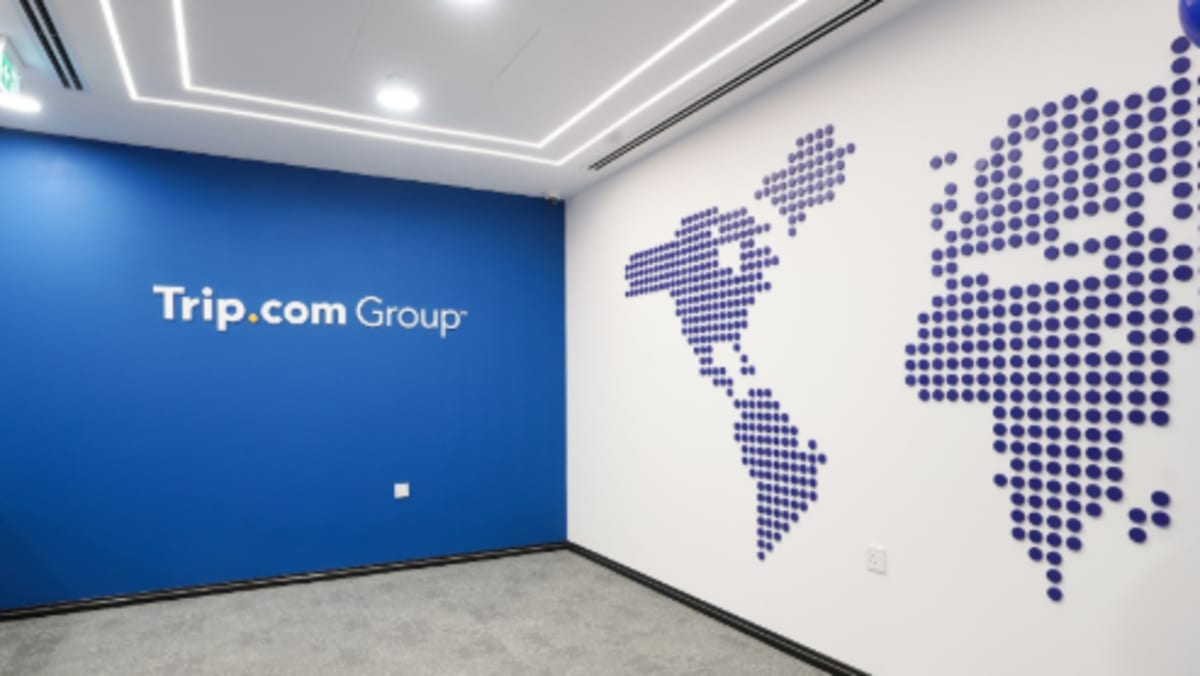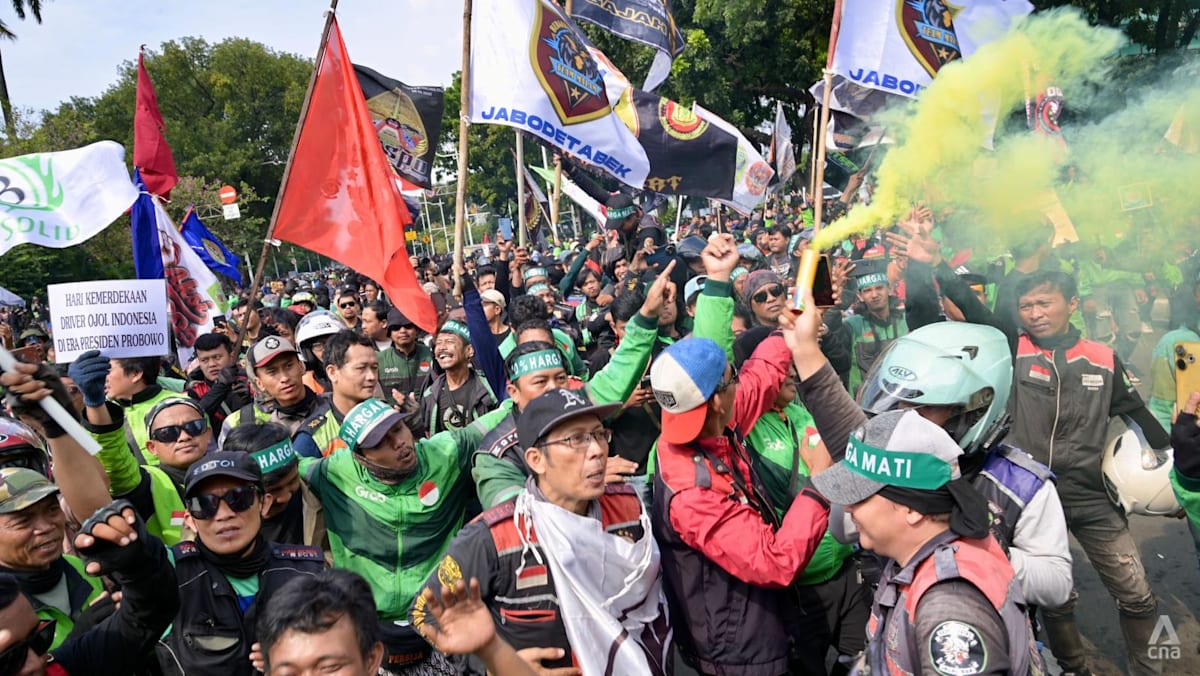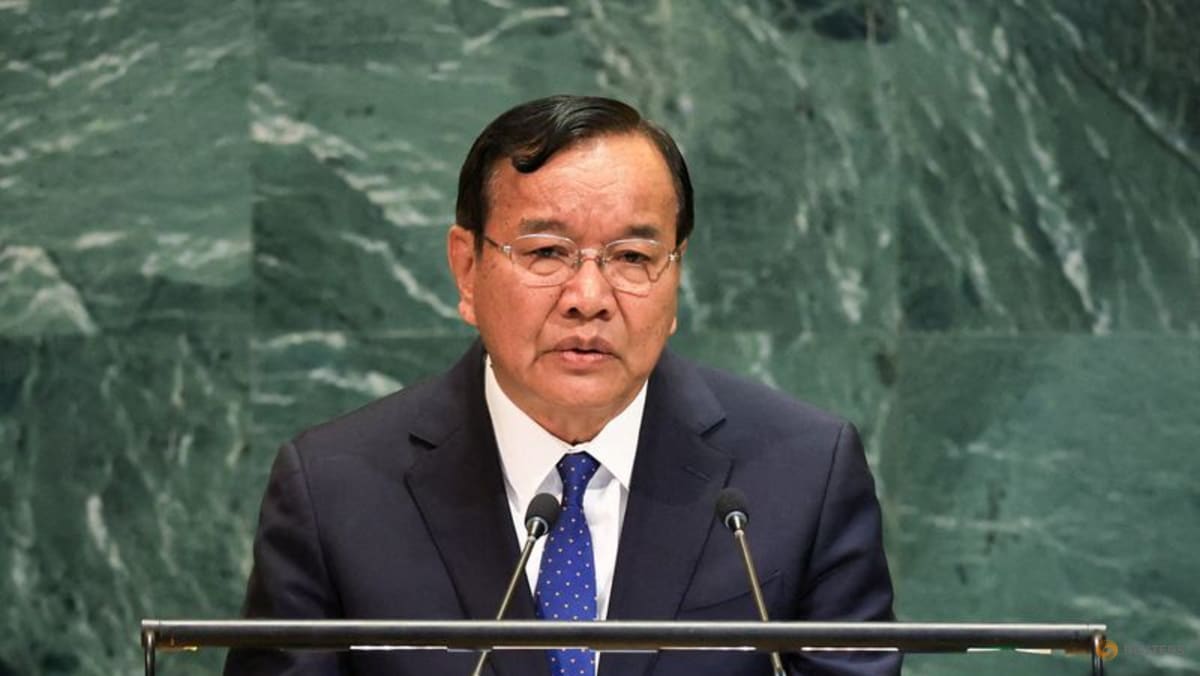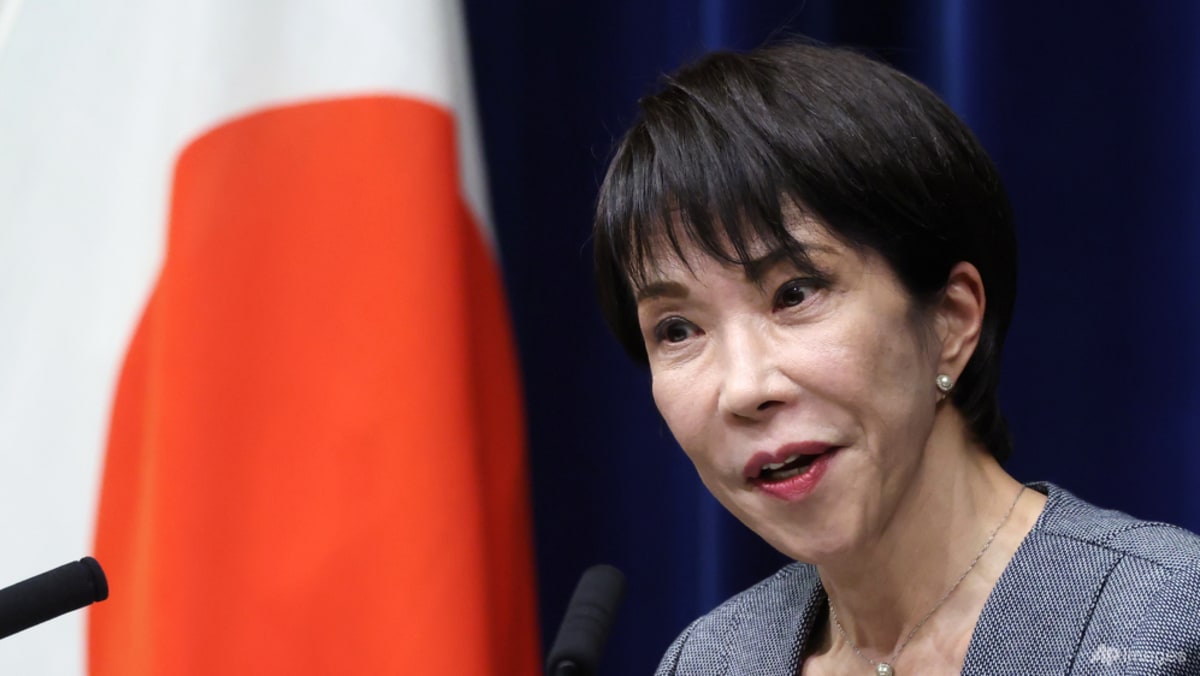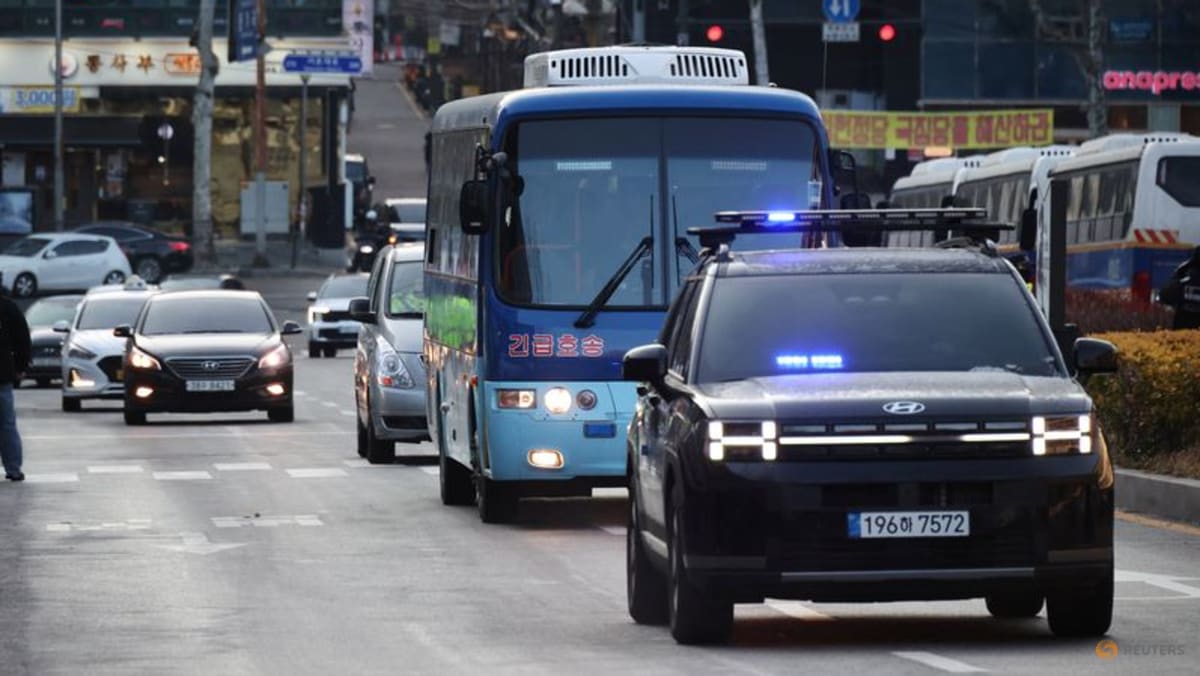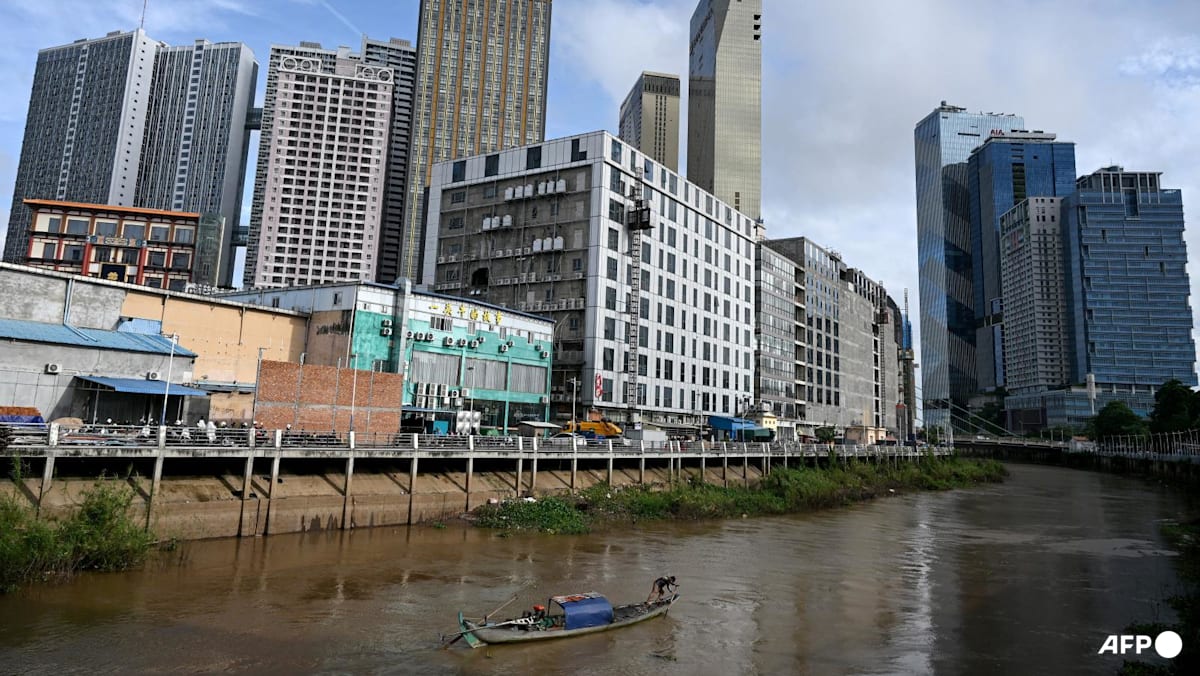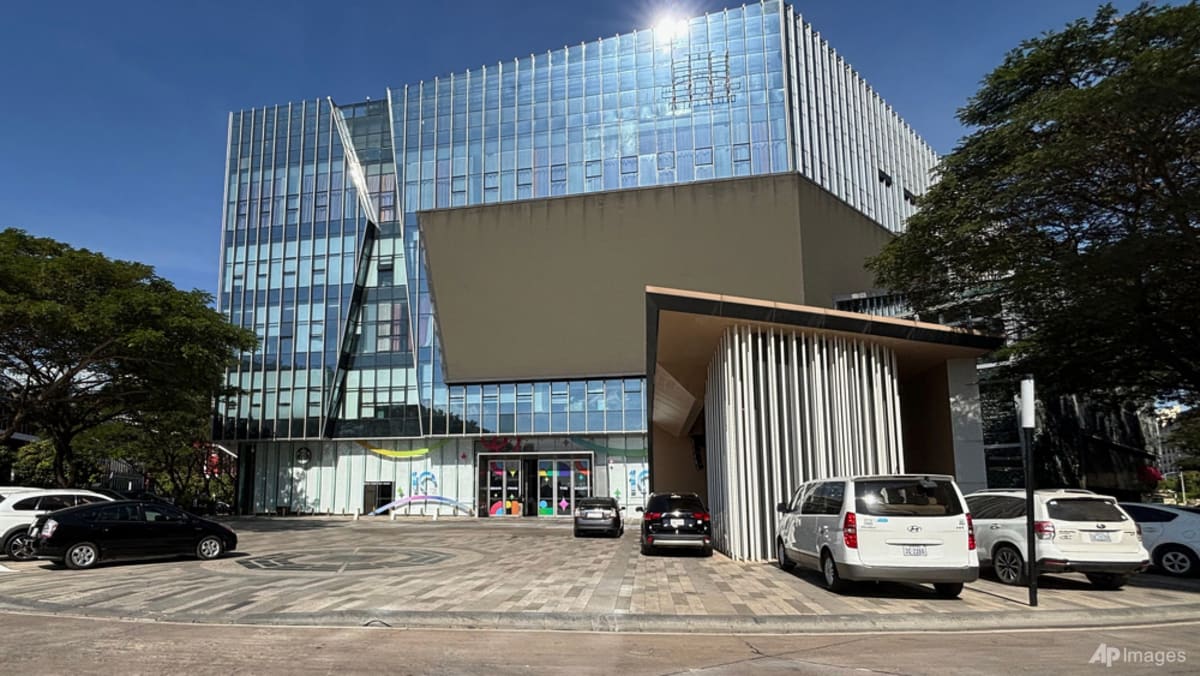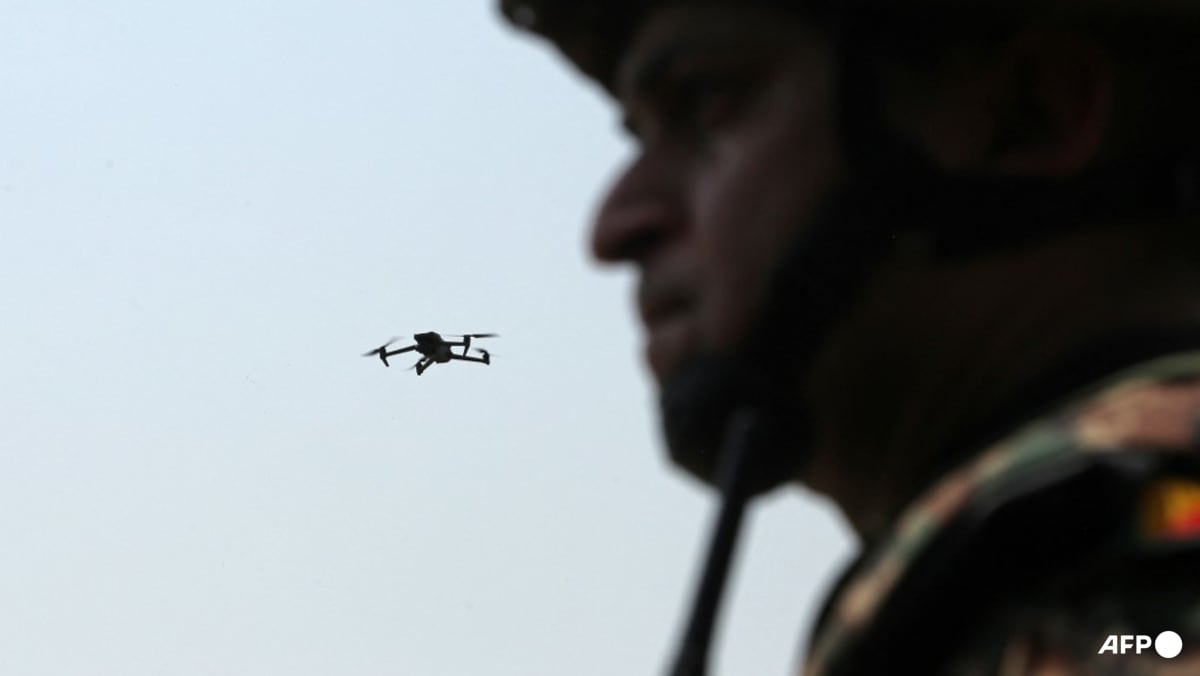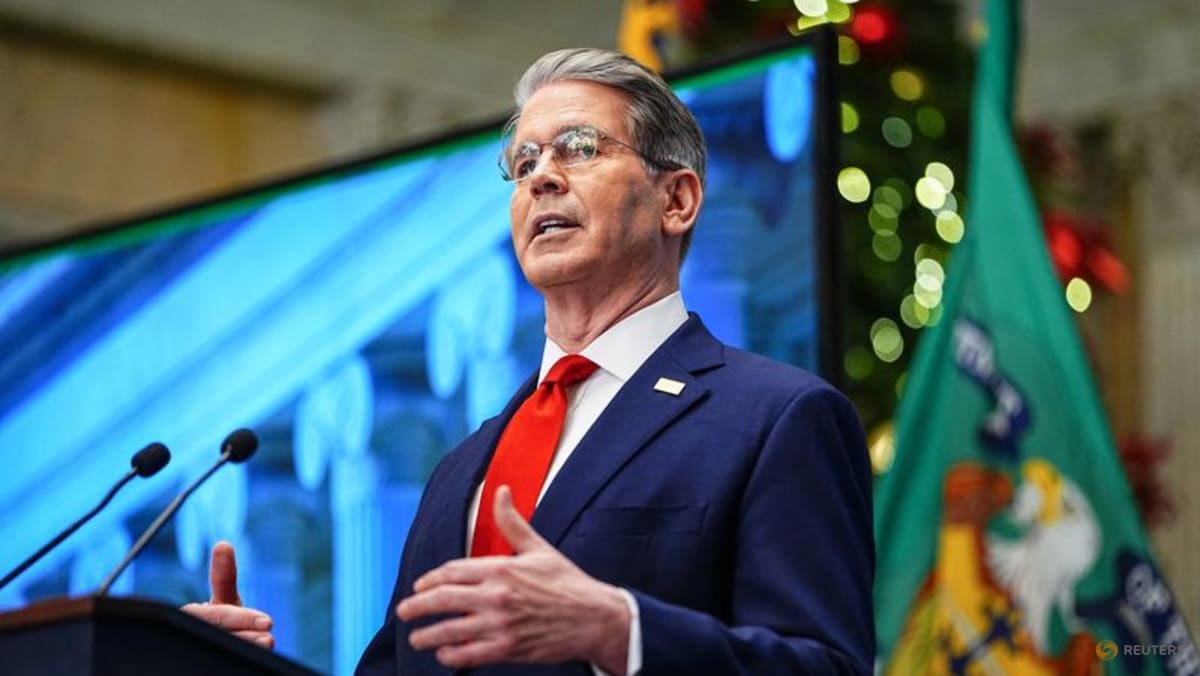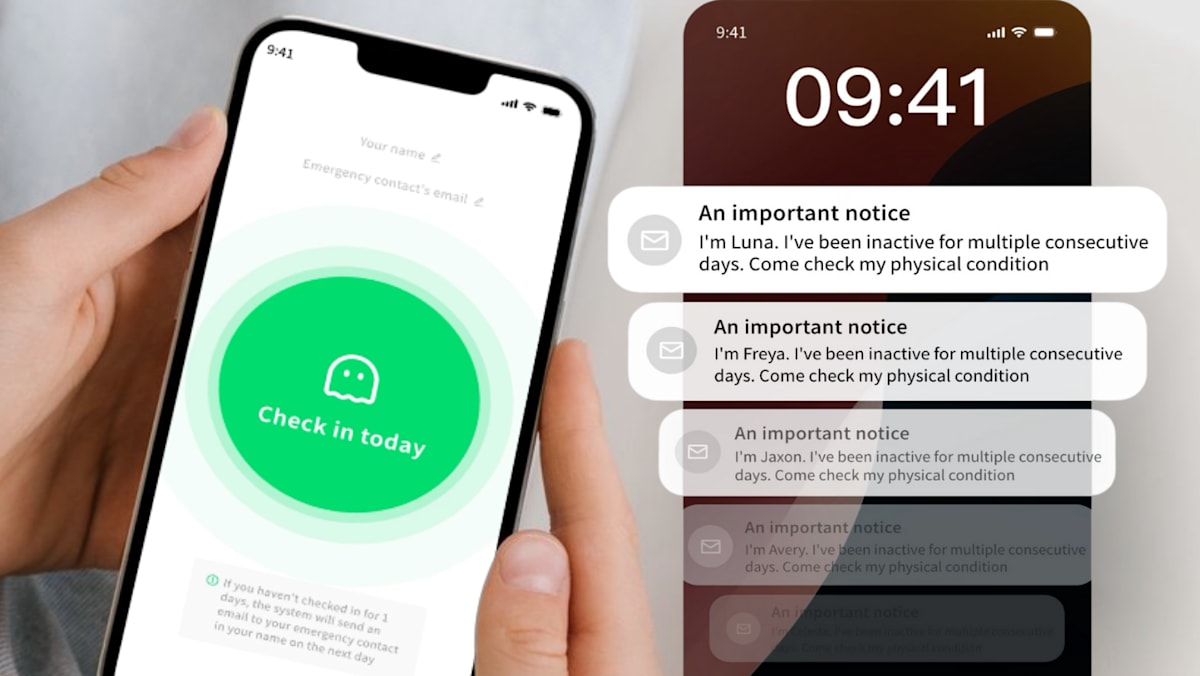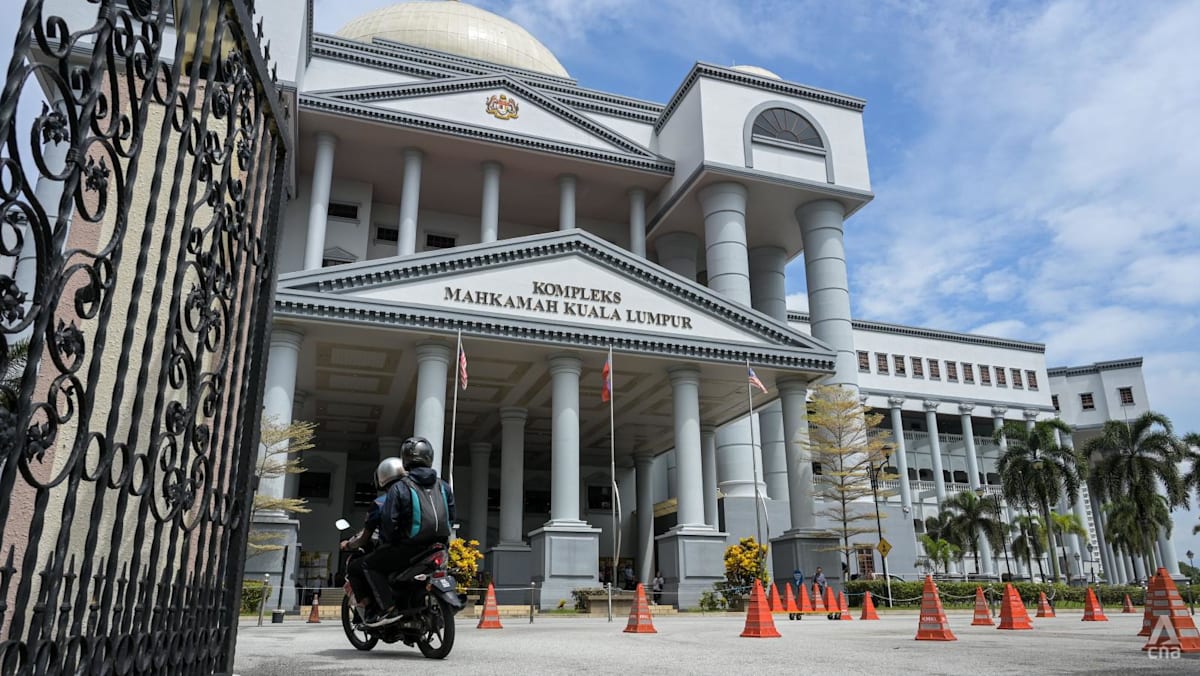Commentary: Politics is a family business in Indonesia – again
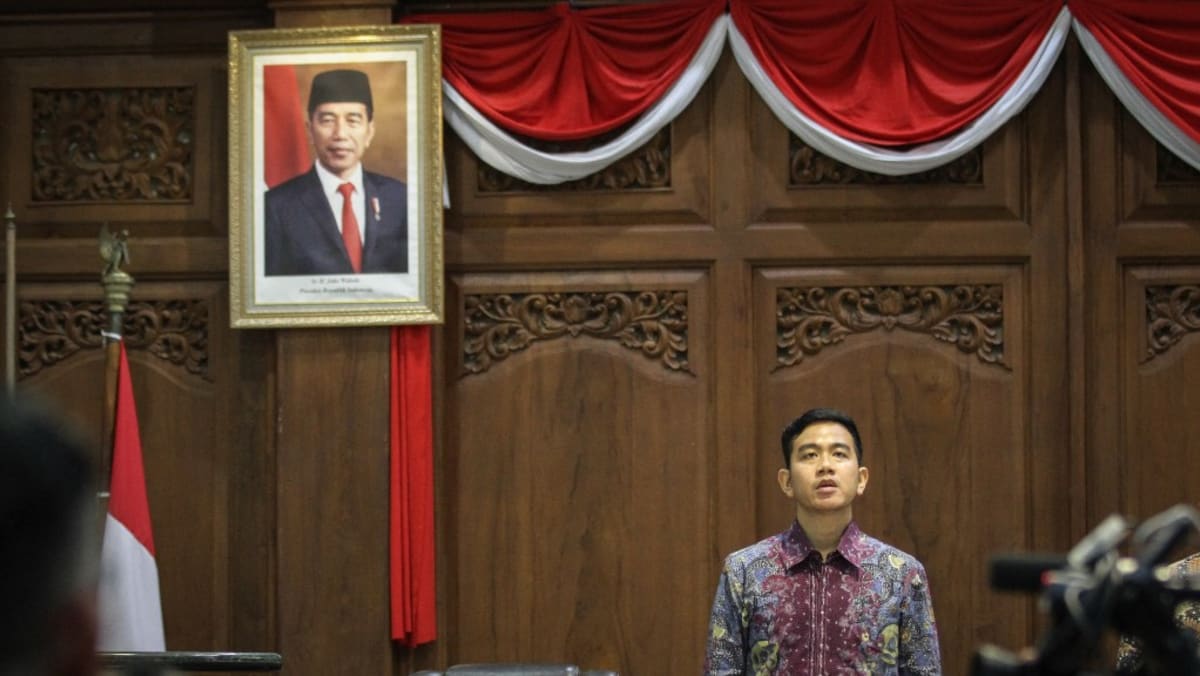
PRACTICALITIES OF DOING POLITICS IN INDONESIA
How things have changed. If you want to do well in politics in Indonesia, it certainly helps to be related to Jokowi.
Take a look at the family tree. Not only is 36-year-old Mr Raka campaigning for the vice-presidential spot, in 2020 he was elected mayor of his home city of Solo. The young politician won by a landslide in large part thanks to Jokowi’s popularity and social capital.
Then there’s the younger son, 28-year-old Kaesang Pangarep, better known for his YouTuber appeal than his political experience, who last month became chief of the Indonesia Solidarity Party (PSI), catering to younger voters.
And finally, son-in-law Bobby Nasution, voted in as mayor of Medan in 2020. His campaign drew heavily on family connections, building a perception that he would get special attention from the central government because of his privileged position.
Jokowi has batted away any suggestion that his family benefits because he is the head of state. If Indonesians want to vote them in, he told me in an interview in 2020, I can’t stop them. It is the public’s decision.
But even the charismatic leader, with his consistently solid approval ratings, won’t be immune to the public’s displeasure with what appears to be dynastic politics re-emerging in the archipelago.
“A vote for Gibran as vice-president will ensure that Jokowi will be able to continue having behind-the-scenes influence during the Prabowo administration,” Alexander Arifianto, senior fellow at the Institute for Defence and Strategic Studies in Singapore told me. “Political dynasties in Indonesia are not unusual, but not particularly effective. They also invite public backlash once declared openly.”
Source: CNA


